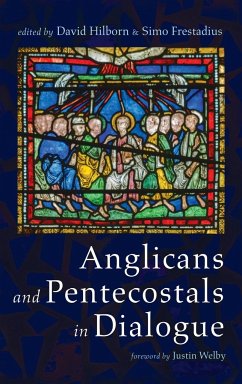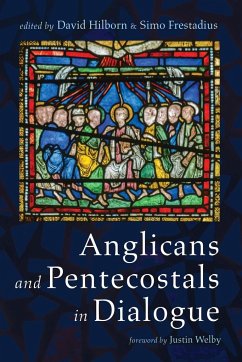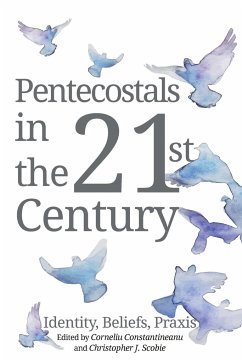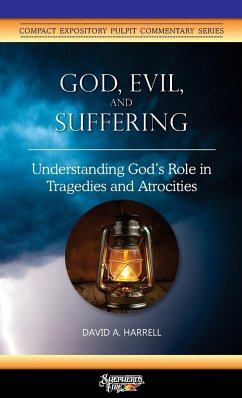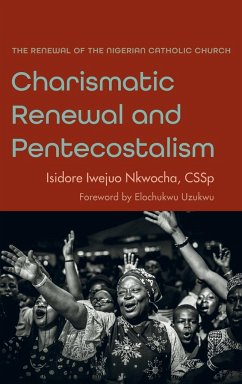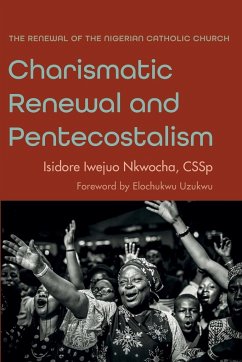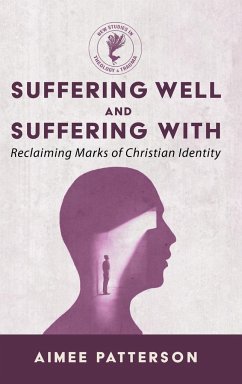
God, Suffering, and Pentecostals
Versandkostenfrei!
Versandfertig in 1-2 Wochen
41,99 €
inkl. MwSt.
Weitere Ausgaben:

PAYBACK Punkte
21 °P sammeln!
Pentecostals emphasize that God is still the Healer of all illnesses, implying that God answers all prayers. What about those who are not healed? How do we explain suffering? Why does a good God allow suffering? Is God not powerful enough to prevent it? In this publication, the author reconsiders these questions from a Pentecostal hermeneutical perspective to develop a novel way to think about God's involvement with suffering among people. His experimental theology speculates how a Pentecostal ethos accommodates a theodicy that acknowledges suffering and God's involvement in people's lives. Al...
Pentecostals emphasize that God is still the Healer of all illnesses, implying that God answers all prayers. What about those who are not healed? How do we explain suffering? Why does a good God allow suffering? Is God not powerful enough to prevent it? In this publication, the author reconsiders these questions from a Pentecostal hermeneutical perspective to develop a novel way to think about God's involvement with suffering among people. His experimental theology speculates how a Pentecostal ethos accommodates a theodicy that acknowledges suffering and God's involvement in people's lives. Although the book is a theologically constituted attempt, anyone can follow and understand its arguments. It concludes with alternative views of suffering, evil, God's loving attention to people, the doctrine of original sin, and Satan. The author also suggests some ways to respond to suffering.






